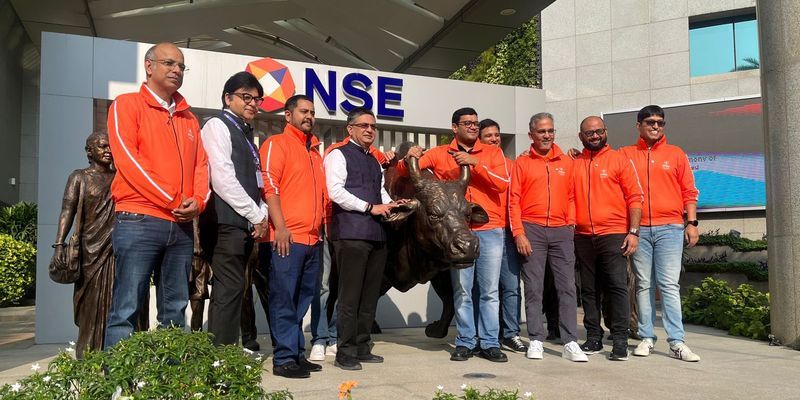Modern Data Engineering Services in 2025: Key Trends Fueling Enterprise-Wide Digital Transformation
Introduction: The Data-Driven Imperative In 2025, the digital economy is operating at an unprecedented speed and complexity, and data has become its most valuable currency. Organizations are under pressure to extract actionable insights from massive, rapidly growing data volumes. The success of digital transformation strategies now hinges on the ability...Read more » The post Modern Data Engineering Services in 2025: Key Trends Fueling Enterprise-Wide Digital Transformation appeared first on Big Data Analytics News.

Introduction: The Data-Driven Imperative
In 2025, the digital economy is operating at an unprecedented speed and complexity, and data has become its most valuable currency. Organizations are under pressure to extract actionable insights from massive, rapidly growing data volumes. The success of digital transformation strategies now hinges on the ability to engineer data flows that are scalable, agile, and real-time. Modern data engineering is no longer just about ETL processes—it is the backbone of enterprise intelligence and innovation.
According to IDC, by 2025, global data creation is projected to reach 175 zettabytes, up from 64.2 zettabytes in 2020. This explosive growth demands modernized, automated, and cloud-centric data engineering practices that enable organizations to convert data into decisions with speed and precision.
The Shift to Modern Data Engineering
Traditional data engineering focused on structured data movement using rigid batch ETL processes. However, this approach no longer meets the needs of dynamic enterprises. In 2025, organizations are adopting flexible, event-driven data architectures.
Modern data engineering now emphasizes:
- Real-time data ingestion and processing using tools like Apache Kafka and Apache Flink.
- Modular and scalable architectures such as the data lakehouse and data mesh.
- Infrastructure as code (IaC) to automate data pipeline provisioning.
- Serverless data engineering to enable cost efficiency and scalability.
The transition is about more than tools; it reflects a mindset shift—from moving data to enabling business value through intelligent pipelines.
Top Data Engineering Trends Shaping 2025
Trend #1: Cloud-Native and Hybrid Data Platforms
Enterprises are deploying multi-cloud and hybrid data ecosystems to meet compliance, latency, and cost objectives. Cloud-native data platforms like Snowflake, BigQuery, and Azure Synapse are enabling elastic scalability, while hybrid setups balance on-prem security with cloud agility.
A Gartner survey reveals that 85% of enterprises will have a cloud-first strategy by 2025, and data engineering services are central to this shift.
Trend #2: AI/ML-Driven Automation in Pipelines
Manual data transformation and integration are no longer sustainable. Data engineers are now leveraging machine learning for schema detection, anomaly detection, and pipeline optimization. AI-driven observability helps maintain data accuracy and lineage without manual intervention.
Trend #3: Rise of DataOps and Orchestration Tools
DataOps is evolving as the DevOps of the data world. It ensures CI/CD in data pipelines with tools like Apache Airflow, Dagster, and Prefect. Data versioning, rollback, and automated testing are now standard in modern pipelines.
Trend #4: Focus on Data Quality and Observability
Inaccurate data undermines analytics and decision-making. In 2025, enterprises are adopting automated data quality checks, monitoring tools, and real-time anomaly detection to ensure trusted insights.
Trend #5: Democratization via Self-Service Platforms
Data democratization empowers non-technical users to explore and visualize data. Self-service analytics tools like Looker and Power BI are supported by governed semantic layers, enabling business teams to access accurate data without relying on IT.
Enterprise Transformation Through Data Engineering
The role of data engineering in digital transformation goes far beyond IT operations. It drives fundamental changes in how enterprises operate and compete.
- Faster Decision-Making: Real-time dashboards and analytics allow leadership to act on live insights, reducing latency in business responses.
- Personalized Customer Experiences: Unified data pipelines integrate customer behavior, purchase history, and preferences to tailor services in real-time.
- Operational Efficiency: Predictive analytics powered by clean, real-time data can forecast demand, optimize supply chains, and detect fraud before it impacts revenue.
Security, Compliance & Governance at Scale
As data volumes grow, so do security and compliance requirements. Modern data engineering incorporates:
- Role-based access control (RBAC)
- End-to-end data encryption
- Audit trails and lineage tracking
- Integration with privacy frameworks like GDPR and CCPA
In 2025, organizations are embedding governance into pipelines from the ground up, ensuring every data point is compliant and traceable.
Challenges Facing Data Engineering Teams
Despite technological advances, organizations face several challenges:
- Talent Shortages: The demand for skilled data engineers outpaces supply. In 2024, LinkedIn listed “Data Engineer” among the top 10 most in-demand tech roles.
- Complexity of Tooling: Managing a sprawling ecosystem of tools and platforms can lead to integration headaches and operational overhead.
- Legacy System Integration: Many enterprises still rely on legacy systems. Bridging these with modern platforms requires careful planning and hybrid architectures.
Future Outlook: What’s Next for Data Engineering?
Data engineering is on a path toward greater abstraction and autonomy. By 2027, it is expected that over 60% of data engineering tasks will be automated using generative AI and intelligent orchestration.
Emerging trends include:
- Edge data engineering for real-time processing closer to data sources
- Low-code/no-code data pipeline builders for faster experimentation
- Composable data platforms that adapt to changing business needs without re-architecture
The future is one where data engineers spend less time fixing pipelines and more time enabling strategic insights.
Conclusion: A Strategic Pillar for Digital Success
Modern data engineering services are no longer a back-office function—they are a strategic enabler of enterprise agility, resilience, and growth. In 2025, organizations that invest in intelligent, automated, and secure data engineering practices will lead the next wave of digital innovation.
The journey ahead demands not just tools, but a cultural shift toward data as a product, pipelines as code, and insights as a competitive edge. Those who adapt will thrive in the data-driven economy of the future.
Frequently Asked Questions (FAQs)
1. What is modern data engineering and how does it differ from traditional ETL?
Modern data engineering emphasizes real-time, scalable, and modular data processing using tools like Kafka, Airflow, and cloud-native platforms, whereas traditional ETL relies on batch processing and rigid workflows.
2. Why is data engineering crucial for digital transformation in 2025?
Data engineering provides the foundation for fast, reliable insights, powering decision-making, personalization, automation, and operational efficiency across all enterprise functions.
3. What are the biggest challenges facing data engineering teams today?
Key challenges include a shortage of skilled talent, the complexity of managing diverse toolsets, ensuring data quality at scale, and integrating legacy systems with modern architectures.
4. How does AI improve data engineering workflows?
AI enables intelligent automation in pipeline management, anomaly detection, schema inference, and observability, reducing manual effort and enhancing data reliability.
5. What trends will define the future of data engineering beyond 2025?
Emerging trends include edge-based data processing, the rise of low-code data tools, composable architectures, and the integration of generative AI for pipeline orchestration and self-healing systems.
The post Modern Data Engineering Services in 2025: Key Trends Fueling Enterprise-Wide Digital Transformation appeared first on Big Data Analytics News.

















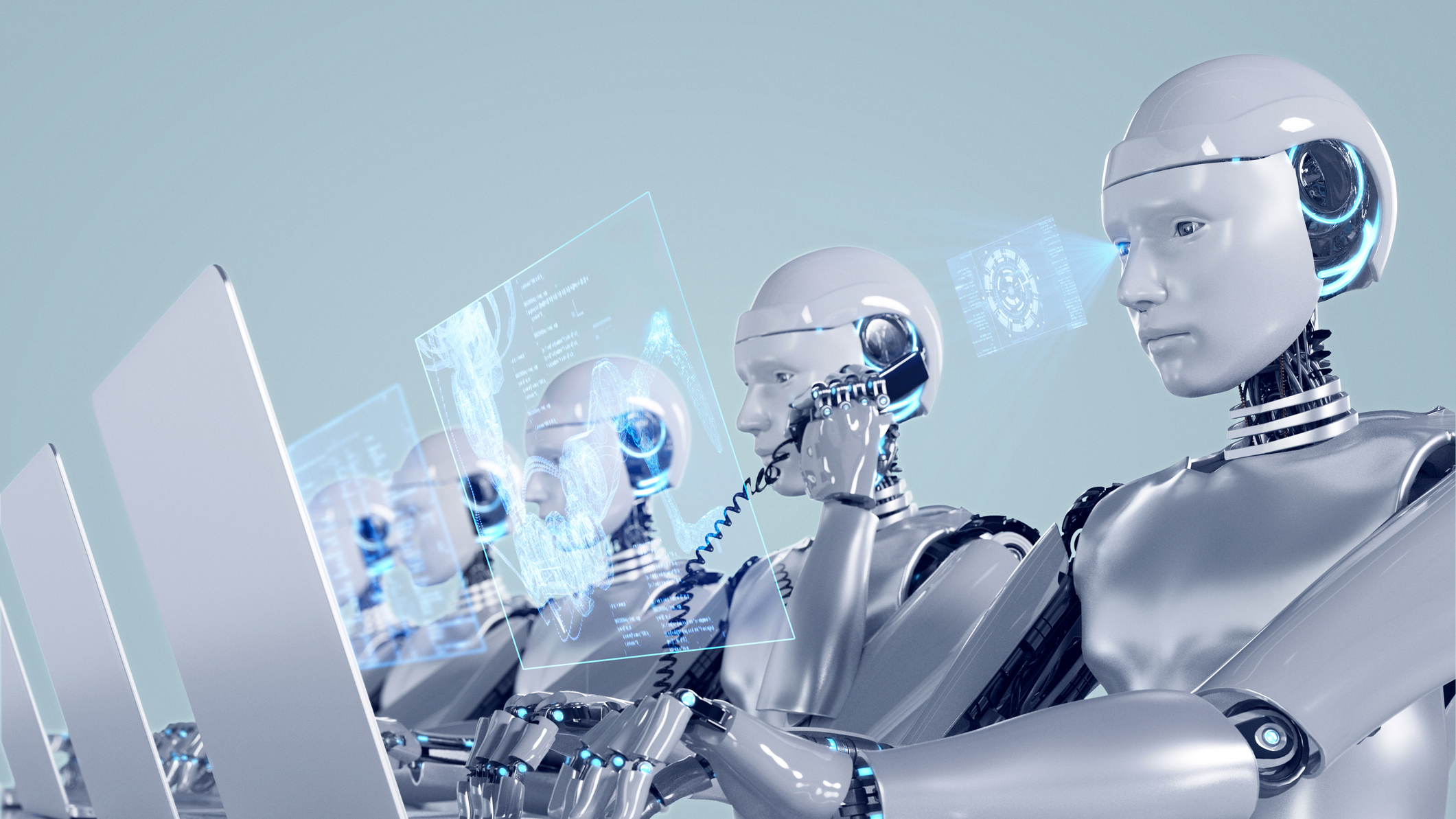




































-Reviewer-Photo-SOURCE-Julian-Chokkattu-(no-border).jpg)




















































































































![[The AI Show Episode 146]: Rise of “AI-First” Companies, AI Job Disruption, GPT-4o Update Gets Rolled Back, How Big Consulting Firms Use AI, and Meta AI App](https://www.marketingaiinstitute.com/hubfs/ep%20146%20cover.png)





























































































































![Life in Startup Pivot Hell with Ex-Microsoft Lonewolf Engineer Sam Crombie [Podcast #171]](https://cdn.hashnode.com/res/hashnode/image/upload/v1746753508177/0cd57f66-fdb0-4972-b285-1443a7db39fc.png?#)




























































.jpg?width=1920&height=1920&fit=bounds&quality=70&format=jpg&auto=webp#)



















































-Nintendo-Switch-2-Hands-On-Preview-Mario-Kart-World-Impressions-&-More!-00-10-30.png?width=1920&height=1920&fit=bounds&quality=70&format=jpg&auto=webp#)



























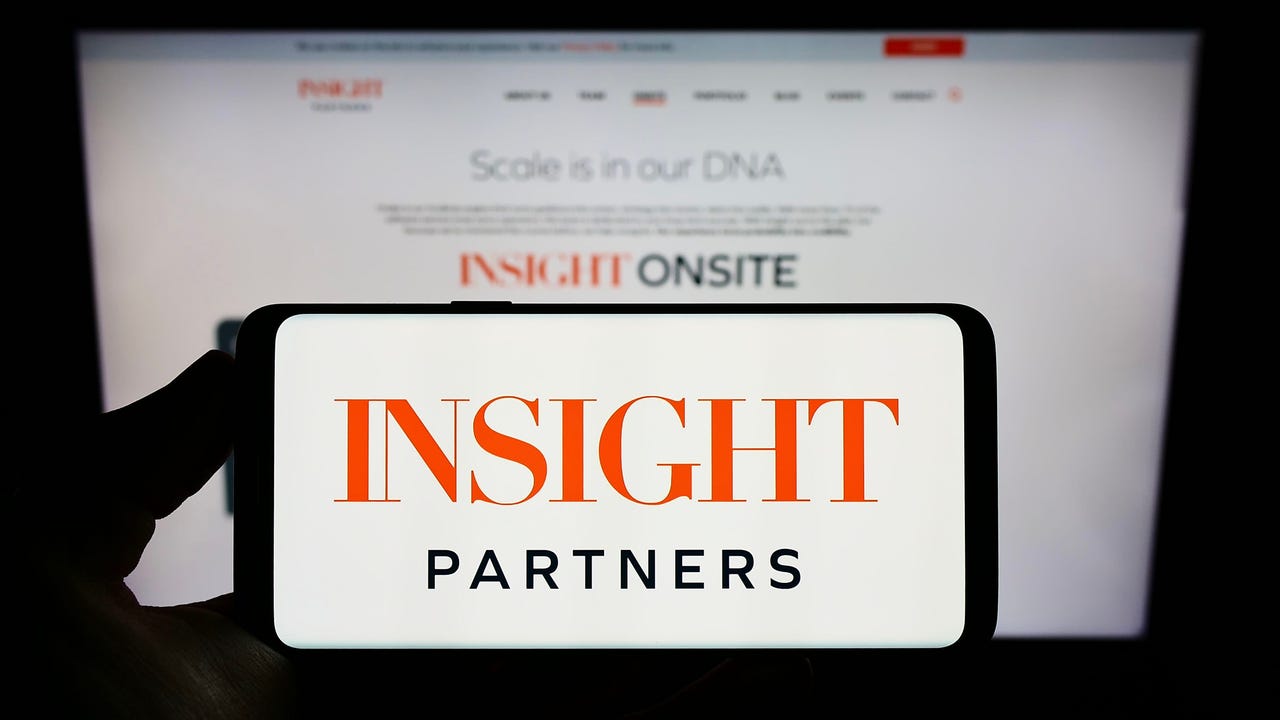
_Andrey_Khokhlov_Alamy.jpg?width=1280&auto=webp&quality=80&disable=upscale#)













































































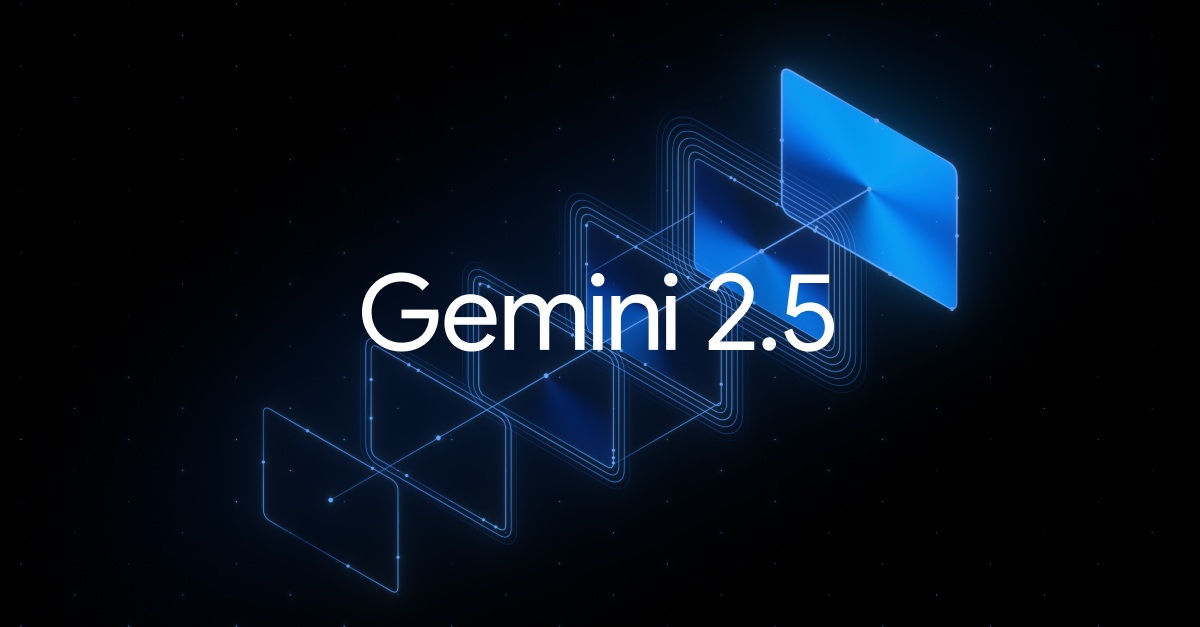





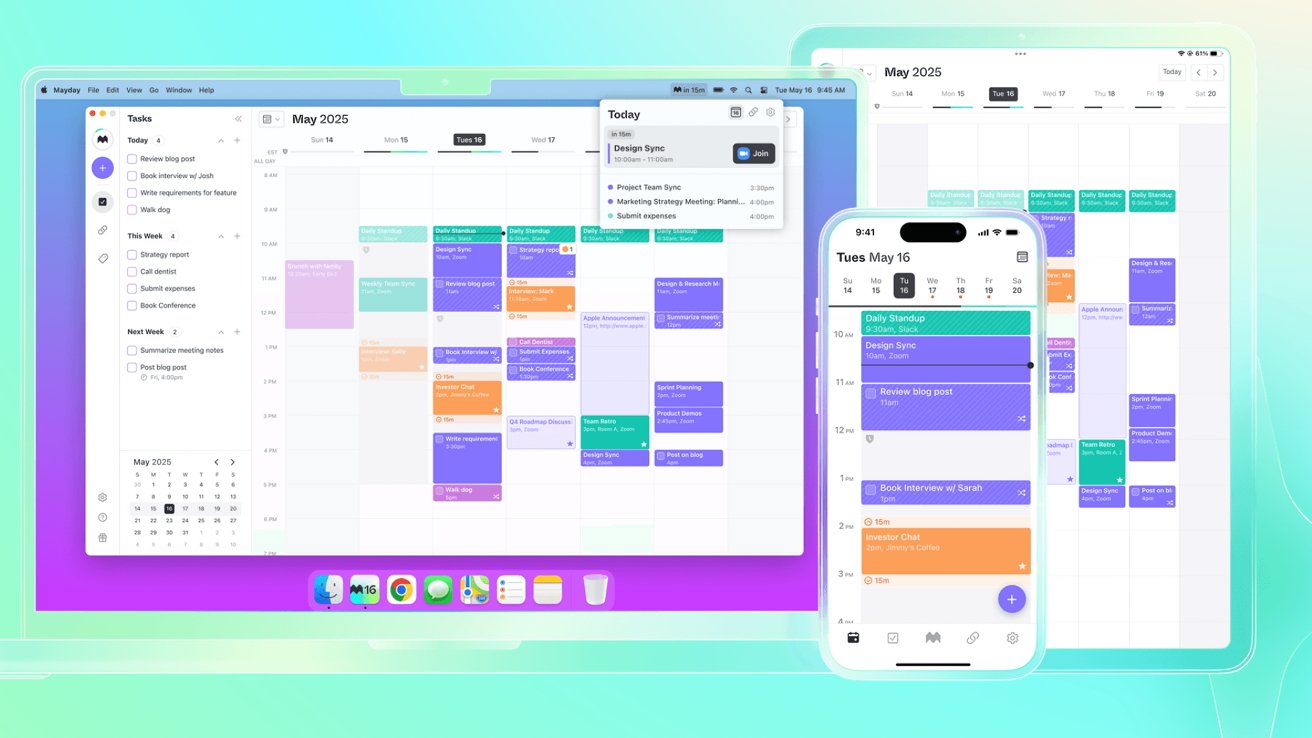
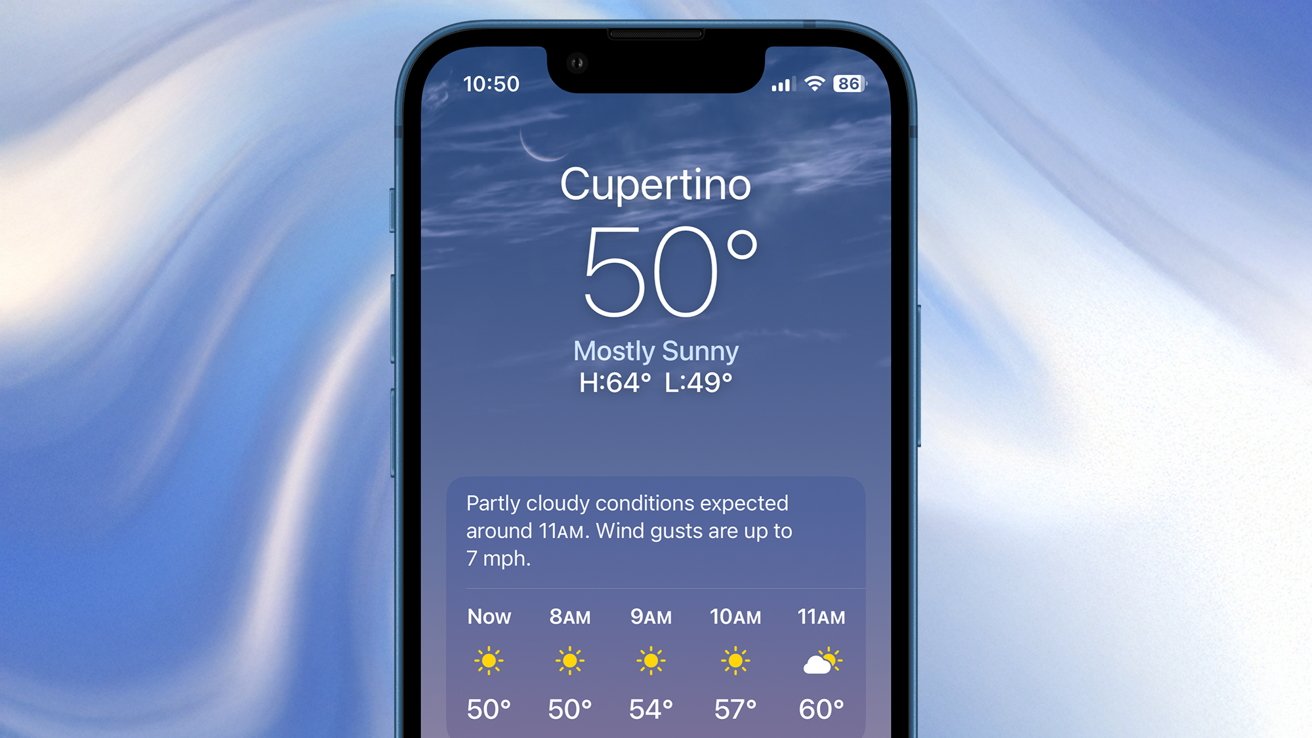

























![New iPad 11 (A16) On Sale for Just $277.78! [Lowest Price Ever]](https://www.iclarified.com/images/news/97273/97273/97273-640.jpg)

![Apple Foldable iPhone to Feature New Display Tech, 19% Thinner Panel [Rumor]](https://www.iclarified.com/images/news/97271/97271/97271-640.jpg)
![Apple Developing New Chips for Smart Glasses, Macs, AI Servers [Report]](https://www.iclarified.com/images/news/97269/97269/97269-640.jpg)











































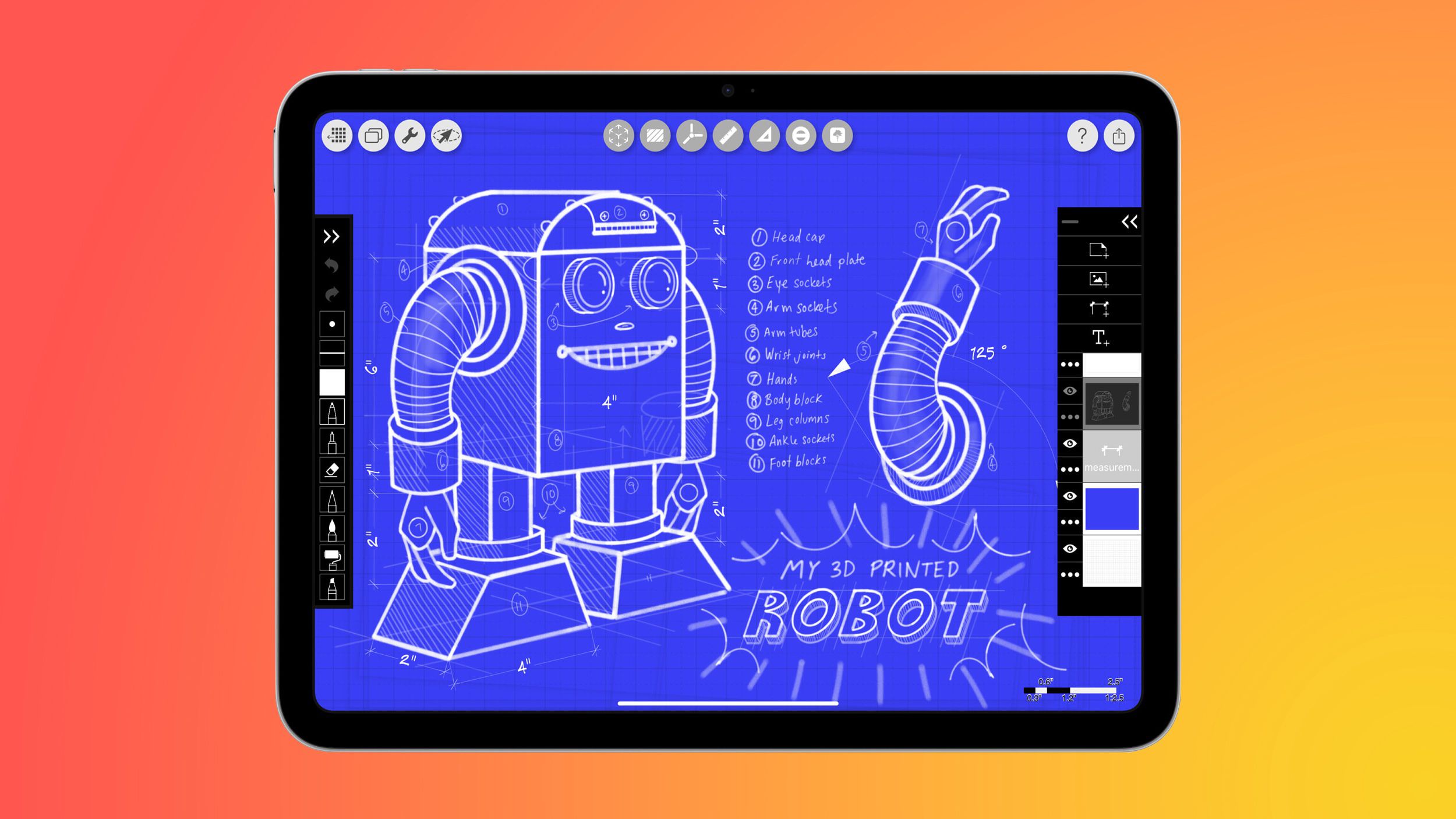






















![[Weekly funding roundup May 3-9] VC inflow into Indian startups touches new high](https://images.yourstory.com/cs/2/220356402d6d11e9aa979329348d4c3e/WeeklyFundingRoundupNewLogo1-1739546168054.jpg)
